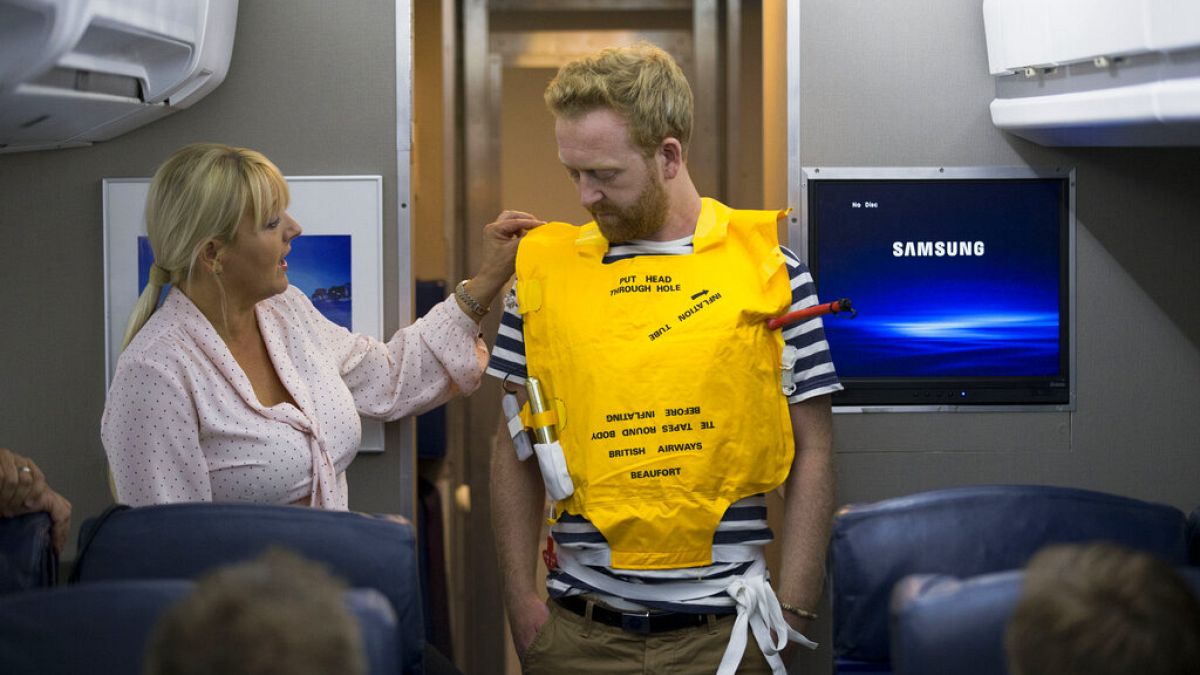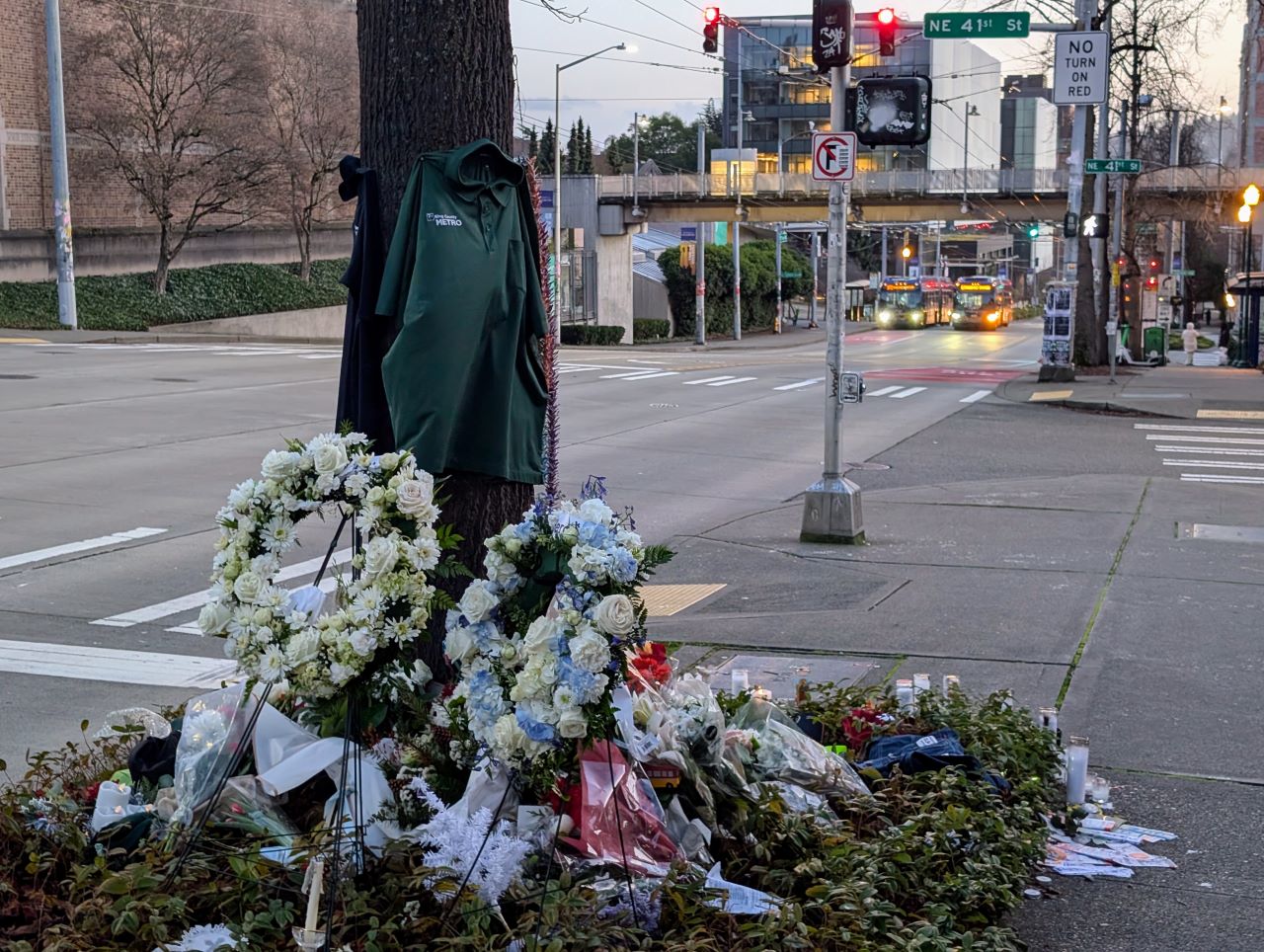Throwaway ticketing is the risky travel hack for cheap flights

To get a cheaper flight, buy a ticket to a destination you have no intention of visiting.
In what is called “throwaway ticketing,” passengers could snag a less costly flight by booking a flight with a layover in the intended destination.
Businessman and investor Mike Bolen recently took to X to reveal his money-saving discovery after being shocked by the high price of a direct flight from the West Coast to St. Louis, Missouri.
Sharing a screenshot of the booking page, he said direct flights to his desired destination begin at $564, but if he books a trip to Atlanta with a layover in St. Louis, it would only cost him $198.
“Why would you not just do a carry-on and get off the plane in STL?” he wrote in a post on X, which was viewed over 6 million times. “I am!”
The hack is a travel trick called “skiplagging” or “throwaway ticketing,” which gets its name from “throwing away” the ticket for the second leg of the booked trip.
While Bolen told Fox News the hack “worked out fine” with “no issues,” experts warn that the workaround carries risks.
“An airline could shut down your frequent flyer account or even ban you from flying [with] them in the future. It’s something to consider occasionally, not something to do every week,” travel expert and blogger Gary Leff wrote in a blog post, Fox News reported.
Not to mention, the gate agents could require you to check your carry-on ahead of boarding, and airlines can reroute flights.
“Airlines do not like skiplagging because it costs them money. Flights with connections are generally cheaper than nonstop flights because airlines have a lower price ceiling for them,” The Vacationer co-founder Phil Dengler previously told CNN.
“Additionally, your airline knows you were on the first flight and are at the airport. The gate agents may call your name out or slightly delay closing the doors. Besides losing money, it creates additional stress for airline staff.”
According to Forbes, American Airlines has previously stated that passengers who miss the second leg of their trip can cause operational issues and also take tickets away from other customers.
“Intentionally creating an empty seat that could have been used by another customer or team member is an all-around bad outcome,” the airline said in a previous statement, per Forbes.
But Aktarer Zaman, the founder of the site budget travel site Skiplagged, said that being banned for skiplagging is a long-held myth.
“In our 11 years of existence, I’ve never heard of anyone being banned for skiplagging. Anything that you read online about someone being banned is just a rumor,” he told CNBC last month, adding that an estimated 300,000 customers have taken advantage of skiplagging through his website over the last year.
While Zaman has skiplagged on “several occasions,” he also warned users not to “abuse” it.
“The ethics of throwaway ticketing have been debated for decades. It comes down to the airlines believing that a flight from A to B to C is a fundamentally different product than a flight from A to B, you’re buying one thing and consuming another,” Leff said.
“And that’s up against the common-sense notion that if you buy seats on two flights, it’s up to you what to do with them. It’s all the result of complicated pricing that average customers find confusing and unfair to begin with.”
If travelers dare to try it, however, Leff recommends making it more difficult for airlines to impose consequences.
“If you’re going to do throwaway ticketing, consider at least crediting miles to a partner airline frequent flyer account, though that may not protect you — but why make it easy for them to track you?” he advised.
link






